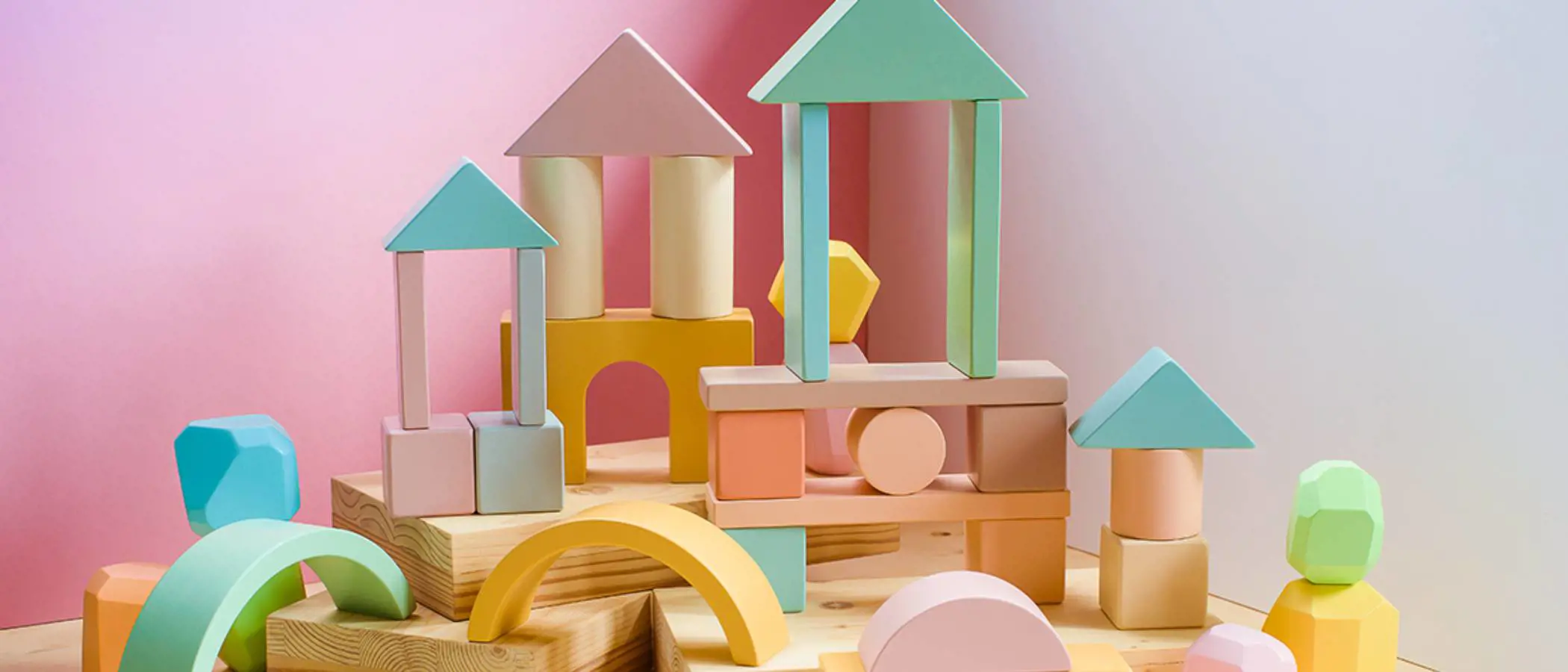Proliferation of cheap disposable goods and materials is a key negative by-product of the linear economy, symbolised for many by numerous images of miles and miles of plastic floating in the middle of the ocean. To achieve a switch to a circular economy, consumer markets will have to focus on old fashioned durable products that are made from good quality materials and last longer.
A product that lasts longer, and that’s considered worth holding onto for longer, begins to look good value even if the ticket price is higher than for rivals. A spectacularly successful case is the long-running ad campaign for the expensive Patek Philippe watch, described by a marketing professor in 2015 article in The Atlantic magazine as the best advertising campaign “of all time”: “You never actually own a Patek Philippe. You merely look after it for the next generation.”[i]
Some companies are also experimenting with products that can repair themselves, such as self-healing leather and building materials. Scientists have experimented with incorporating calcium sulfoaluminate into cement-based materials, to close cracks that may appear later.[ii] US firm SAS Nanotechnologies has invented self-healing microcapsules in paint that act as an anti-corrosive pigment.
Another approach to extending the life of both products and raw materials is modularity: creating products with a limited number of standardised and easily separated components that can be replaced, or recombined to make new products. The Dutch company Fairphone has created a smartphone designed to last much longer than the typical device, because users can easily replace their own screens, batteries and other parts as they shatter, wear out or become outdated. Buyers are encouraged to return Fairphones or any other old smartphones in the empty box, and receive cashback or a discount.
Disassembly for reuse or Recycling is easier if products are “monomaterials” – made with a single material – or at least with the smallest number of materials necessary. Germany’s Metro, which operates membership-only warehouse clubs, has pledged to use monomaterials in its packaging where possible to improve Recyclability, with the stated aim of “supporting the circular economy approach”. This requires heavy R&D spending, but chemicals and engineering companies are responding to this demand. For example, Germany’s Siemens, Spanish machine maker Bossar Packaging and US packaging company Scholle IPN have developed a technique for making recyclable monomaterial film. The increasingly clamorous eco-fashion movement is calling for more clothes to be made from pure cotton, pure nylon or other single materials.
When manufacturers have little choice but to create a product made from a number of materials, work can still be done to make it easier to disassemble – for example, by not incorporating adhesives or hazardous waste. This has given birth to a new field, “active disassembly”, where the product is designed using materials and processes that break it apart in reaction to external stimuli. Joseph Chiodo, an inventor who runs a company called Active Disassembly Research, has worked with Mitsubishi Heavy Industries, Sony and Nokia on research projects in this field. He has devised, for instance, a screw that will lose its thread when heated.
Profit creation in the linear economy is based on selling as many products as possible made from the cheapest materials available and then replacing them with new versions at the earliest opportunity. This could be cars, mechanical appliances or fashion clothing. Competition in the linear economy speeds up changing fashions, as every designer, every smartphone producer, every carmaker tries to launch a new look, new model that is sharper, has a bigger “wow” factor, and a more luxurious feel. Therefore, a move to a circular economy will have to involve a significant change in today’s consumer culture and the values on which it is based.
[i] https://www.theatlantic.com/magazine/archive/2015/03/the-big-question/384984/
-
Candriam Academy
The world’s first free-to-access accredited training platform for sustainable and responsible investing.
-
Circular economy: paradise restored
Nauru, once a paradise, is now 'Paradise Lost'. Can we save Earth?
